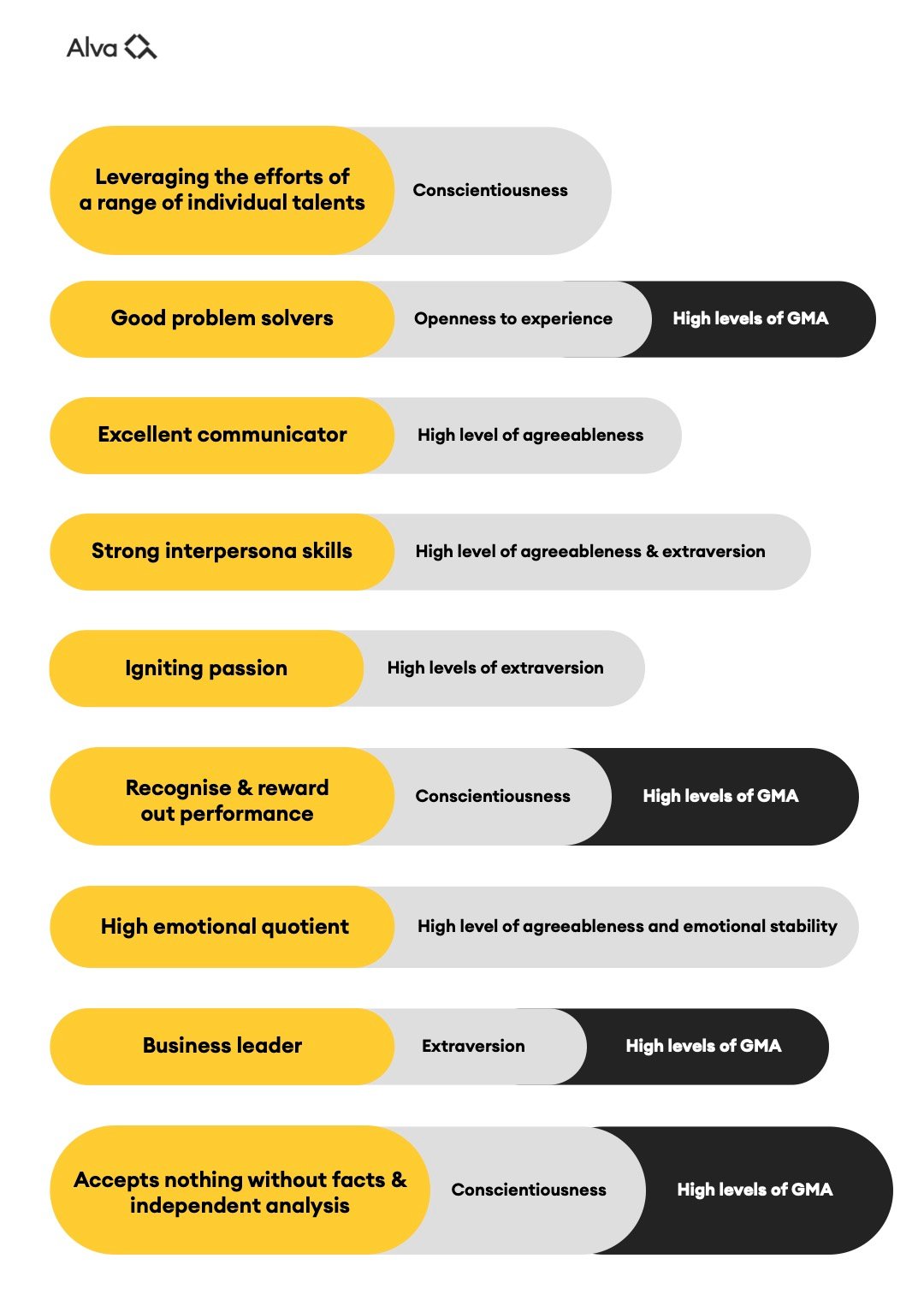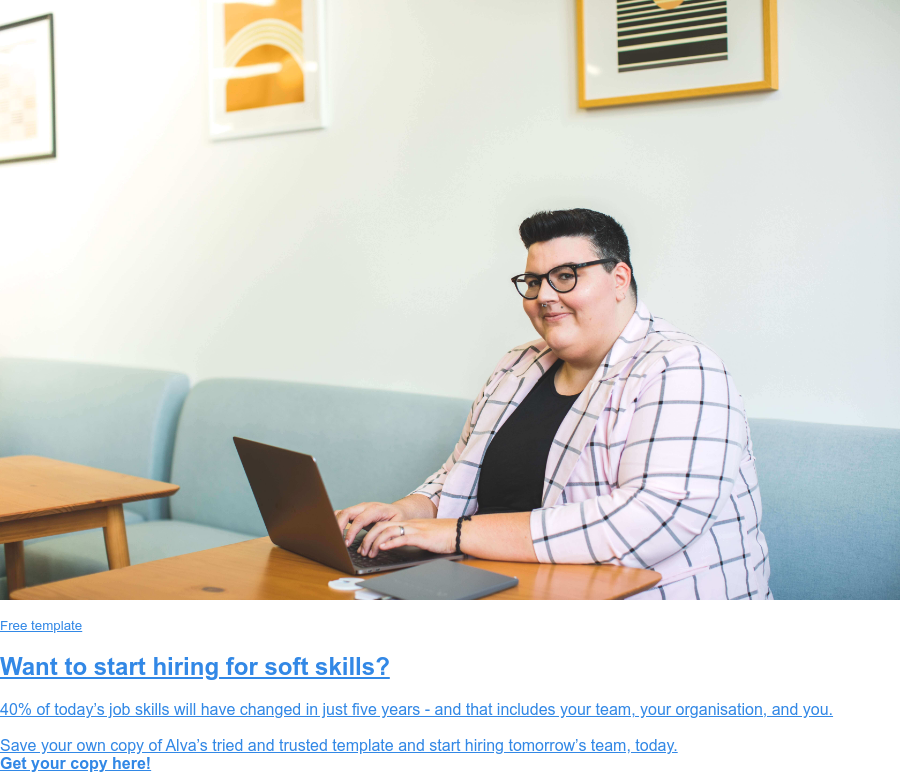Who cares about Chief Transformation Officers?
Organisations such as Deloitte, KPMG & DC Thompson have been bringing Chief Transformation Officers (CTOs), or Chief Change Officers (CCOs), on board for a couple of years to ensure transformation doesn’t get lost in the day-to-day work; but for organisations without global reach or the staffing budgets for another C-Suite member, how can we leverage what is useful in a CTO’s skillset without the cost of a new hire? Do we need to? And what can we learn from the field?
What is a CTO?
CTOs or CCO is a person who has one foot in now - the strategies, mission and operations of where you are - and one in the emerging horizon. A CTO will make sure transformation happens, but not necessarily be the one that creates and drives it.

Take for example; as I write, the UK is experiencing a huge fuel crisis, with dry petrol pumps caused by factors including the rise in price of natural gas and carbon dioxide, Brexit, Covid and staff shortages. People are unable to get to work and their National Health Service might have to cancel operations (and now Christmas could be at stake due to the risk of not being able to fill up the stores).
Obviously an extreme example that no one could have fully foreseen, but perhaps a great CTO would have already ensured electric vehicles were a part of the fleet, or that online consumption was here to stay, regardless of pandemic.
They could have understood how mainland Europe views the UK since Brexit, remembered the conditions European based haulage drivers endured during Christmas 2020; they might have remembered the food shortages of March 2020 and how fresh they are in the minds of UK citizens and spoken to the UK’s Behavioural Nudge Unit who could have advised a more effective message than “don’t panic”.
Within these challenges we see supply and demand, consumer behaviour, group psychology, covid-related-stress, political vision, geopolitical diplomacy and labour relations.

CTO: your lateral thinker
So, a CTO should be working across the C-Suite and other leaders to have a live understanding of the biggest challenges and opportunities to the business, pulling them together to create an overall vision that all stakeholders can believe in. That change could be a wide remit to improve the company’s adherence to mission, to travel to the future with greater agility, or even to address a specific issue such as a toxic work culture.
What are the key skills of a CTO?
McKinsey state that a CTO:
- accepts nothing without facts and independent analysis
- is a good problem solvers
- is a strong business leaders
- possesses a high emotional quotient
- has strong interpersonal skills
- can ignite passion
- can leverage the efforts of a range of individual talents
- will recognise and reward outperformance
We’d add that they need excellent communication and negotiation skills, and drill down into skills in numerical ability.
Is a CTO an easy role to hire for? No.
What is implied here, but not stated, is that a high level of GMA is, as for any other member of the C-Suite, essential for a CTO.
What does this look like when we’re building our CTO job description?
No job is the same and therefore, neither are the requirements. For different types of jobs, there will be different traits and soft skills that will be needed for success. When it comes to the role of CTO there will be a long list for what is needed in order to excel, both related to experience, but perhaps more importantly, related to potential. Potential refers to the core characteristics of an individual, and there is one trait that seems to be of great importance in the CTO role, the level of problem solving ability (or in research terms, general mental ability, GMA).

Why do CTOs need a high level of GMA?
For those of you who are new to the concept of GMA, you can read more here. But in short, it is the ability to process complexity and information. Simply put, it is the ability to know what to do, when you don’t know what to do. Thinking about the CTO role, that would come in handy, right?
A good candidate is also able to combine actual and hypothetical information, forecasting for different potential scenarios that hang from a central mission and belief; Kodak failed because they thought they were in the business of film, when really they were in the business of creating memories. Despite having the technology for digital, they tried to keep the genie in the bottle. The genie did not want to stay in the bottle. A deeper understanding of the company’s mission and how that could stay true as the tech evolved, could have saved them from going under.
When there's no budget scope for a CTO
Every company would most likely benefit from a CTO, but as with all hires, it is a matter of resources. If you hire a successful CTO they will come with a high ROI, but your organisation might not be “there” yet. And if that is the case, you need to find a way to ensure transformation nonetheless.
Ultimately, when asking someone to take on additional duties, you’ll need to restructure; you can’t simply add more to someone’s Job Description without reallocating outputs from other teams. Here at Alva, we don’t have a CTO!
We’re lucky - we have Kajsa Asplund: her future focussed mindset and deep knowledge of the product provides us with many of the soft skills, rigorous mindset and analytical rigour we need; we have clear communication across the C-Suite, and we engage in building psychological safety so that the team is listened to and build in structures for open feedback (though we don’t profess to be perfect and have structures in place to allow feedback).
If you can see the need for the jobs of a CTO to be done, but don’t have the scope to hire, look ahead at your strategies and plans for the year ahead:
- can positions be shifted?
- What talent do you have in-house?
- If you’ve worked with psychometrics before, are you able to see people whose personalities and skills put them in line to work with change and transformation?
- Can you work with them to alter their responsibilities in a way that enables them to take on the new responsibilities and outputs, which ones to delegate elsewhere?
By understanding the core personality types that drive success from day one, as HR leaders we’re more able to maximise the potential of every hire.

We’re a scale-up, so every job here counts; but by understanding the nebulous nature of change and the challenges and opportunities it presents, we’re able to work strategically now, and towards the emerging horizon.
Scale-ups, start-ups and new enterprises don’t need every new job under the sun; what they need is a balance of hires who are most likely to collaborate and share a vision that will lead to success, and understanding the balance of personalities allows us to understand how everyone can play their part in growth and building a strategic team at every level.
Not everything is measurable via a psychometric test, and not everything is predictable. But by starting your hiring process by understanding your organisation’s needs and the personalities you need to drive it will help every hire to take you through to tomorrow.







